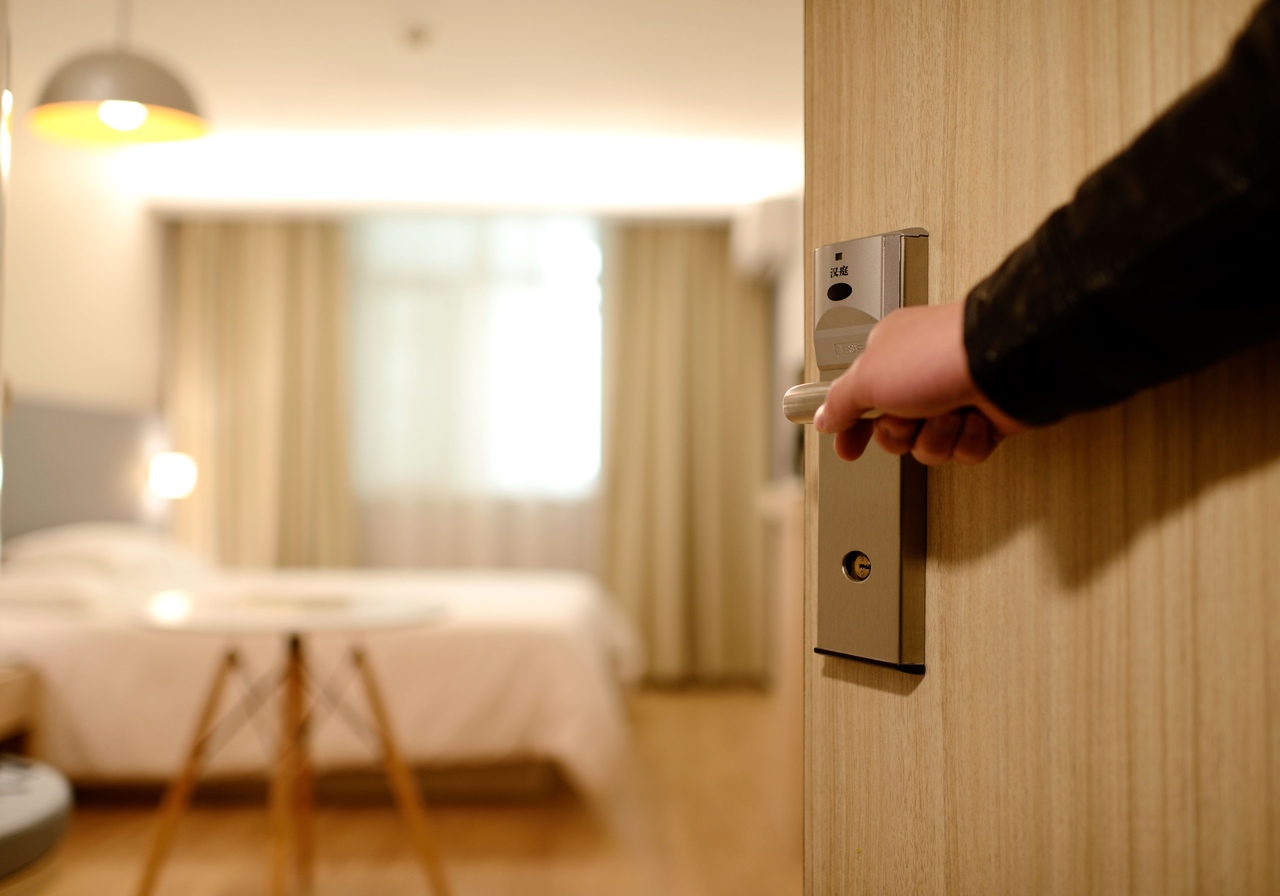UPDATE: Wednesday 9th February
Covid UK news: Hancock announces if you lie on your passenger locator form there will be up to £10,000 fines as well as 10 years in prison if you break new travel rules
Hotel quarantine rules have been finalised and announced by Secretary of State for Health, Matt Hancock, today:
- Mandatory 10-day hotel quarantine for travellers returning from any of the 33 countries on the Red List starts on 15th February 2021. Red List countries include South America, Portugal and several African countries.
- Mandatory 10-day home quarantine for international arrivals from all other countries
- All passengers arriving in the UK will be required to take a PCR test before travel, again on day two and day eight of self-isolation.
- Prison sentences of up to 10 years will be given to those who deliberately break travel quarantine rules or lie on the Passenger Locator Form about not having visited red list countries in the last 10 days.
- 16 hotels have been contracted (4,600 rooms) for enforced quarantine measures in England.
- Travellers will be responsible for paying for tests themselves and anyone returning from Red list countries will have to book a room on an online platform and pay £1,750 quarantine package for an individual travelling alone. The package includes the test, hotel room and transport.
- Security guards will be visible to ensure that quarantine rules are adhered to.
- Both home quarantine and hotel quarantine will be enforced.
- Airlines and other passenger carriers have the onus to ensure that the traveller has complied or faces a fine
- Fines will be levied for various misdemeanours
- £1,000 – refusal to take the first PCR test applicable on the second day of quarantine
- £2,000 failing to take the second PCR test applicable on the eighth day of quarantine and their quarantine will be extended from 10 to 14 days.
- £5,000 refusal to quarantine
- £10,000 refusal to quarantine in a designated hotel
- 10 YEARS IN PRISON for providing false information on the Passenger Locator Form about having visited a country on the Red List in the previous 10 days.
- Scotland has gone further and is putting into place mandatory hotel quarantine for all arrivals.
UPDATE: Wednesday 3rd February
The hotel quarantine from high-risk countries is scheduled to start February 15th
UPDATE: Wednesday 27th January
The current travel ban from the 30 Covid hotspot countries dubbed the “red list”, will remain in place. Countries on the list include Brazil, South Africa and Portugal and are considered to be the source of new variants of the virus.
However, those travellers that can’t be banned, for instance, UK or Irish nationals will be allowed to enter but they will have to quarantine in designated hotels. The quarantine will last ten days.
This will in effect be managed isolation and travellers will, without exception, be escorted to a local hotel. The quarantine will be enforced by police who will step up checks at ports and airports.
At the same time, there will be an increase of around 1,000 follow-up visits per day for those asked to self-isolate at home. Those not following the measures will be fined.
Hotels are currently being prepared and further information and the processes around them will be announced shortly.
It is unclear how many people will be affected by this measure or indeed exactly when the measure will be in force.
People who continue to arrive in the UK from countries outside the “red list” nations must still quarantine for 10 days unless they get a negative test result on the fifth to allow them to leave it.
The devolved Scottish and Welsh administrations and Labour want to extend quarantine hotels to all arrivals and not just those from the “red list”.
News: Monday, January 25 2021
In the year that has passed since the Covid pandemic became our new normal, we have seen a myriad of start-stop measures getting tighter and tighter to deal with the spread of the virus. Challenged by new variants the government is now taking their cue from Asia and Australasia to introduce Covid Quarantine Hotels.
Sounds sinister, yet since March 2020, travellers in Asia and Australasia are already forced by law to check in into hotels to self-isolate directly after leaving the airport.
Hang on, surely no Britons are actually travelling at the moment. So why do we need this new measure?
The national lockdown requires everyone to stay home. Plus there are twenty-nine countries and the entire continent of South Africa on the government’s travel ban list which in reality is a flight ban. This is aimed at limiting the spread of new variants of coronavirus.
Yet, there are still around 6,000 arrivals into Heathrow every day. These are travellers who had travelled abroad for an extended stay and now want to come home or those with second homes abroad. Or family members coming to the UK for compassionate reasons, for example, to look after an ill relative. Or simply stragglers.
Then there are business travellers – often professionals in the oil industry, medical personnel and those in the media. Travel for them is still essential.
How would Quarantine Hotels work?
At the moment there is a two-pronged approach: firstly anyone arriving in the UK is required to show a negative Covid-19 test taken within 72 hours (three days) of departure. Arrivals from Ireland are exempt. Secondly, they must self-isolate for 10 days.
Ministers want tougher and more wide-ranging rules to impose on arrivals to limit the various variants that have arrived and could arrive in the UK. Ideas mooted include:
- Electronic tags considered in a bid to enforce Covid quarantine
- Enforced quarantine in designated hotels rather than at home
- Phones of arriving travellers could be tracked to ensure they are complying with the rules
If the UK were to follow procedures in place in Australia, New Zealand and many Asian nations the traveller would be escorted from the airport directly to a nearby hotel.
They would not be allowed to leave their room – except for the odd bit of exercise – meals would be taken in the room and security guards would ensure that the quarantine is not broken. A test could be administered on arrival, after seven days and then again after day 14.
During the stay, there will be no house-keeping services and no visitors would be allowed to visit.
A blanket policy covering all travellers is favoured by the home secretary Priti Patel and the health secretary Matt Hancock, and backed by the chancellor Rishi Sunak.
Incidentally, in Cambodia, there is mandatory testing on touchdown and arrivals must pay US$30 (£22) for an overnight stay at hotel or waiting centre and pay for meals while waiting for the test results.
Who pays?
Travellers will have to pay for the tests and the cost of the room. A ten-day self-isolation stay averages at around £1,500 or £2,000 for a double. The test-for-release scheme which allows a test after five days to reduce quarantine is likely to be suspended.
The cost of a 14-day stay in a Quarantine Hotel in the three countries that have introduced the measure so far is £1,692 for an adult in Australia, £1,630 in New Zealand and £642 in Thailand.
The government is expected to pay for any security arrangements.
How soon could it take effect?
There is no set date, but following government behaviour usually follows a certain order: suggest the idea, suggest it could happen, then announce it is happening. If the government stays true to form, it is likely to come into force in a couple of weeks.
How long would this measure stay in place?
There is no set time-scale but there are suggestions of a time span of up to eight weeks which means it could end in April.
What are the current measures?
Travellers must be able
- To show a negative Covid-19 test taken within 3 days
- To have filled in a Passenger Locater Form
- To quarantine for 10 days at home
Travel corridors have been scrapped and a flight ban is in place from at least 42 countries.
Source : https://www.thetravelmagazine.net/covid-quarantine-hotels-travellers-must-self-isolate-before-going-home/


